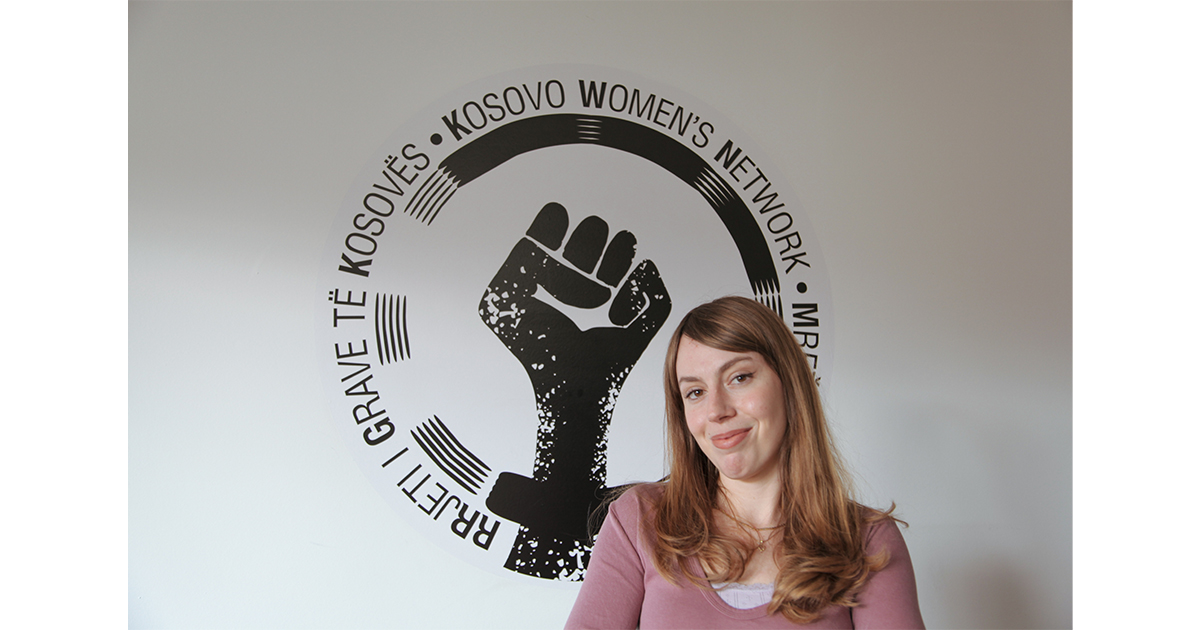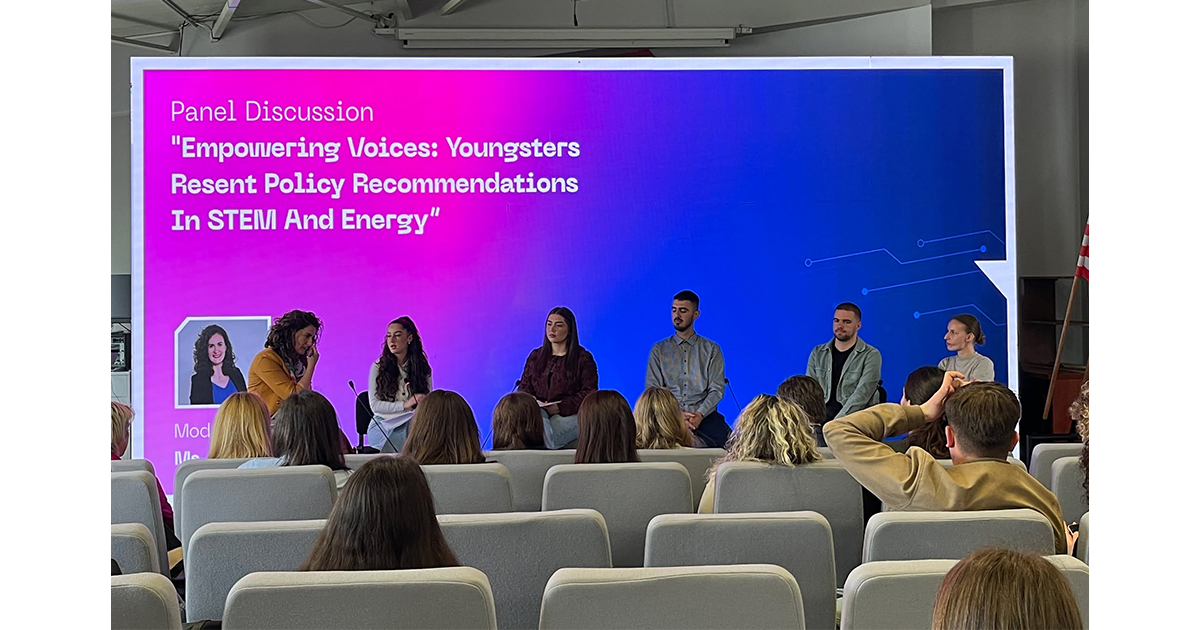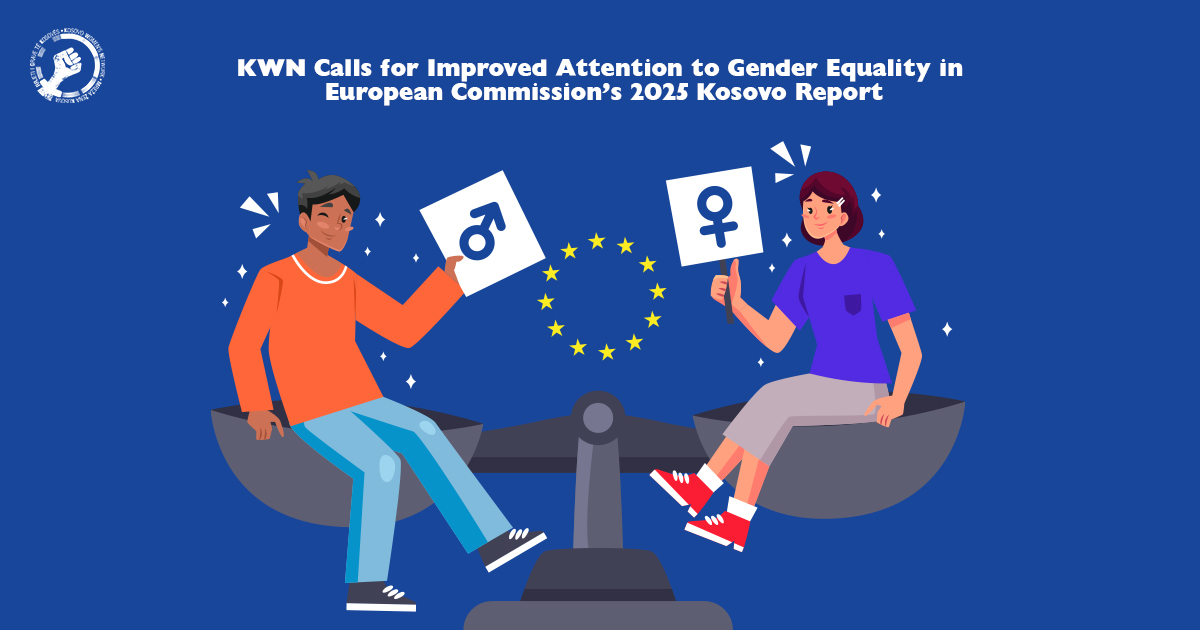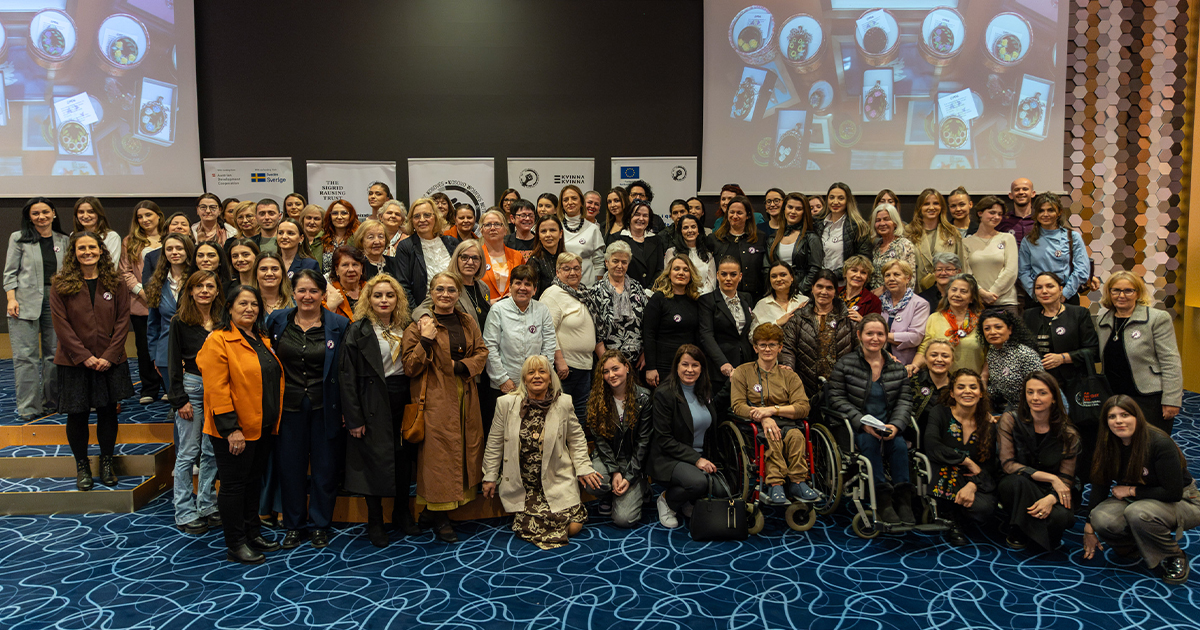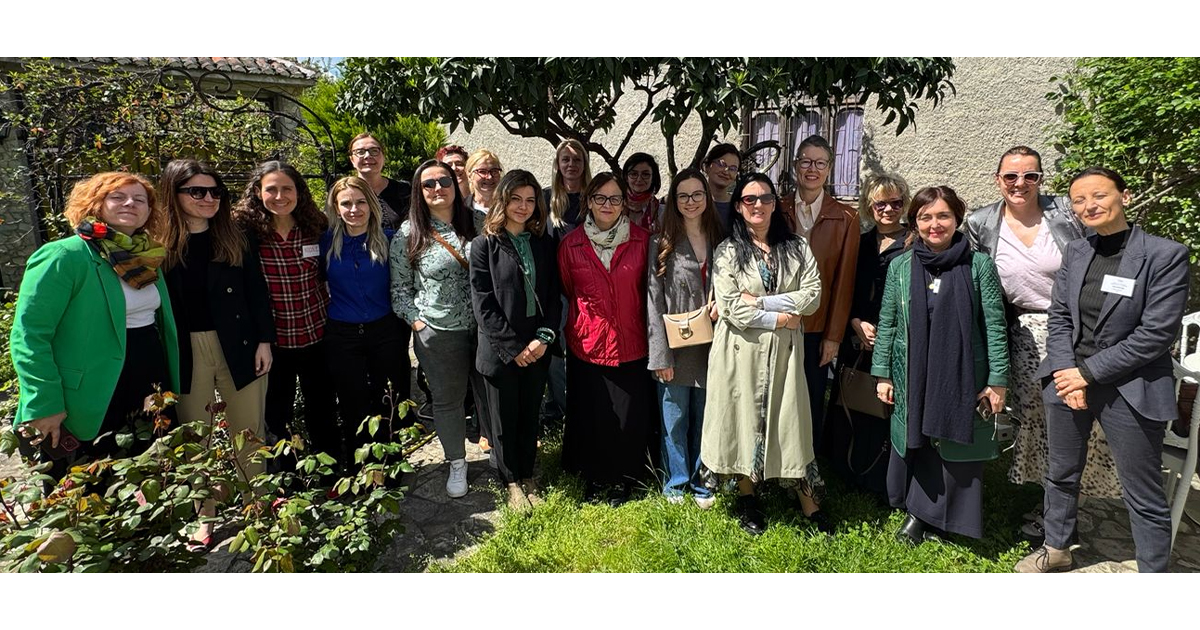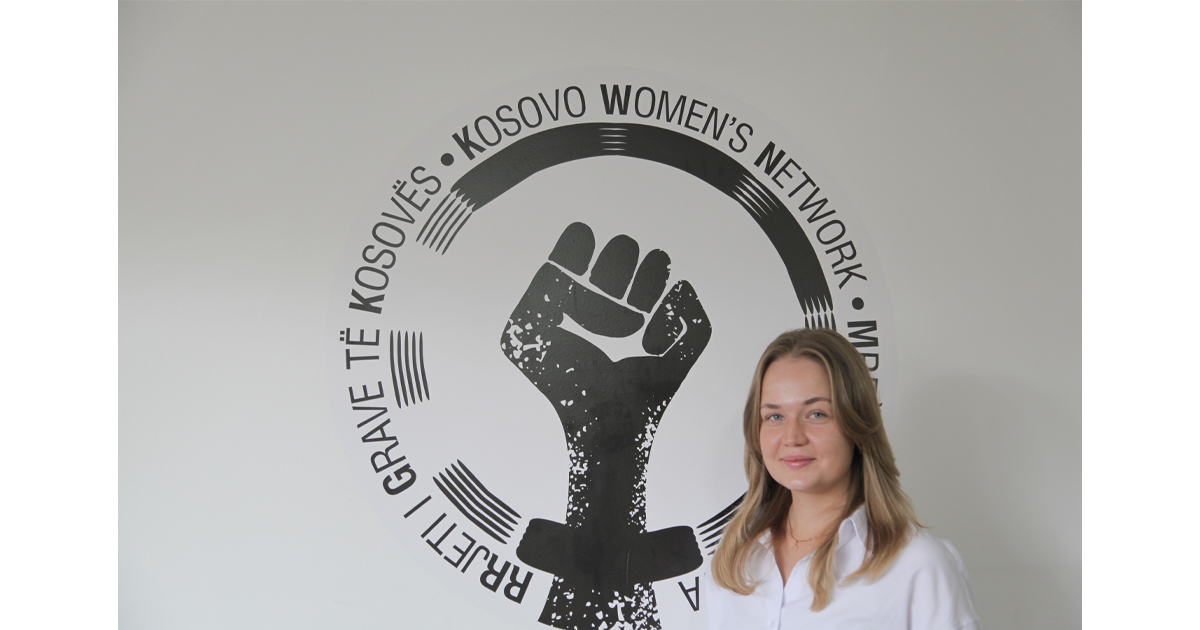Today, on 20th of July, at the EU Information and Cultural Center in Prishtina, stakeholder consultation was conducted on the Kosovo Gender Analysis Report of the Kosovo Women’s Network (KWN).
The Gender Analysis will inform the support of the European Union Office in Kosovo, particularly with regards to the Instrument for Pre-Accession (IPA) programs, providing the latest information on the situation of men and women in the various sectors. It is important for the EUO that this process be participatory and engage different stakeholders from the government and civil society. Thus this meeting was attended by officials from various institutions and organizations in Kosovo, where they expressed their interest in this Gender Analysis.
At the opening of this meeting, Selma Cekic-Dincsoy from the EU Office in Kosovo, said, “This gender analysis is important in our program and allows us to make better specifications, where the main goal of our program is to identify key women-men inequalities in Kosovo.”
Mrs. Nicole Fransworth from KWN, in the framework of this Gender Analysis, presented key findings on gender inequality in Kosovo including various sectors such as: Rule of Law, Governance, Education, Employment, Competition and Innovation, Agriculture, Energy, Environment, Transport and Healthcare.
Participants in this discussion welcomed this draft-analysis and had the opportunity to discuss and express some of their comments and recommendations.
“I congratulate you for the work that you have done towards improving women’s position in Kosovo,” said Yllka Soba from Kvinna till Kvinna Foundation.
More concretely, the participants agreed to initiate steps and to give their inputs to make this draft gender analysis feasible and easy to use by everyone.
This meeting was supported by the European Union Office in Kosovo.


